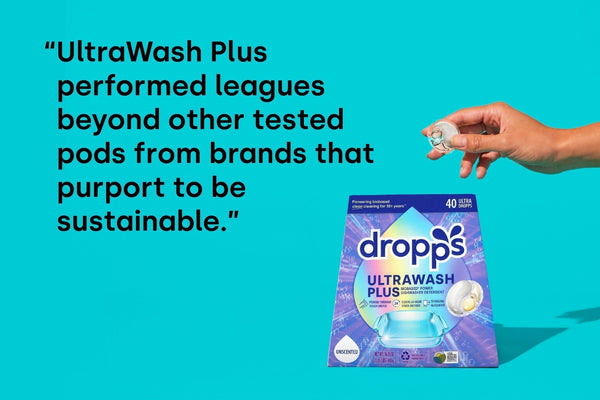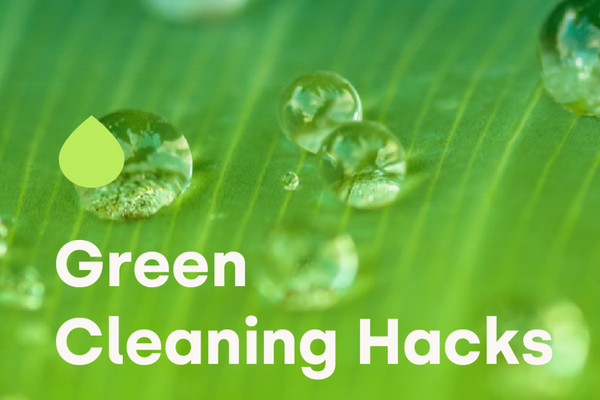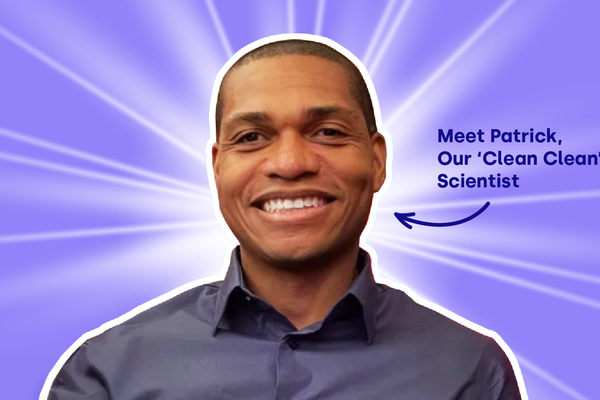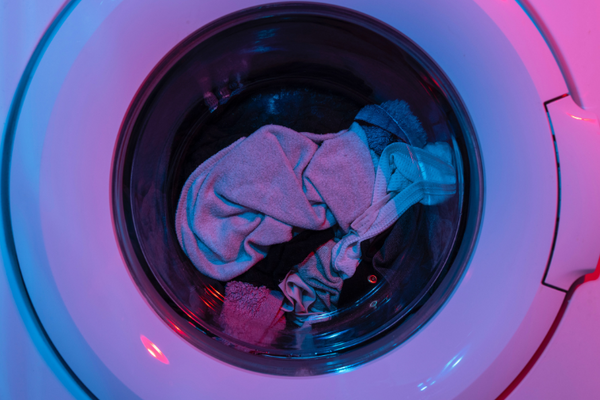DROPPS BLOG
- Page 1 of 3
- Next

Why Wirecutter says we're a "great alternative" to the big brands
Estimated reading time 1 minute

5 Green Cleaning Hacks
Estimated reading time 1 minute

A Closer Look at UltraWash Plus
Estimated reading time 1 minute

Dishwasher not cleaning? Why you have dirty dishes in the dishwasher
Estimated reading time 4 minutes

Get a Clean Washing Machine
Estimated reading time 3 minutes

How to Get Rust Out of Clothes
Estimated reading time 2 minutes

How to Remove Urine Smell from Clothes
Estimated reading time 2 minutes

How to Wash Shoes in Washing Machine
Estimated reading time 2 minutes

How to Get Mildew Smell Out of Clothes
Estimated reading time 3 minutes

How to Wash a Weighted Blanket - Step-by-Step
Estimated reading time 3 minutes

How to Clean a Dishwasher: A Quick & Easy Guide
Estimated reading time 2 minutes

How to Prevent Wrinkles in Clothes (5 Easy Ways)
Estimated reading time 3 minutes
- Page 1 of 3
- Next